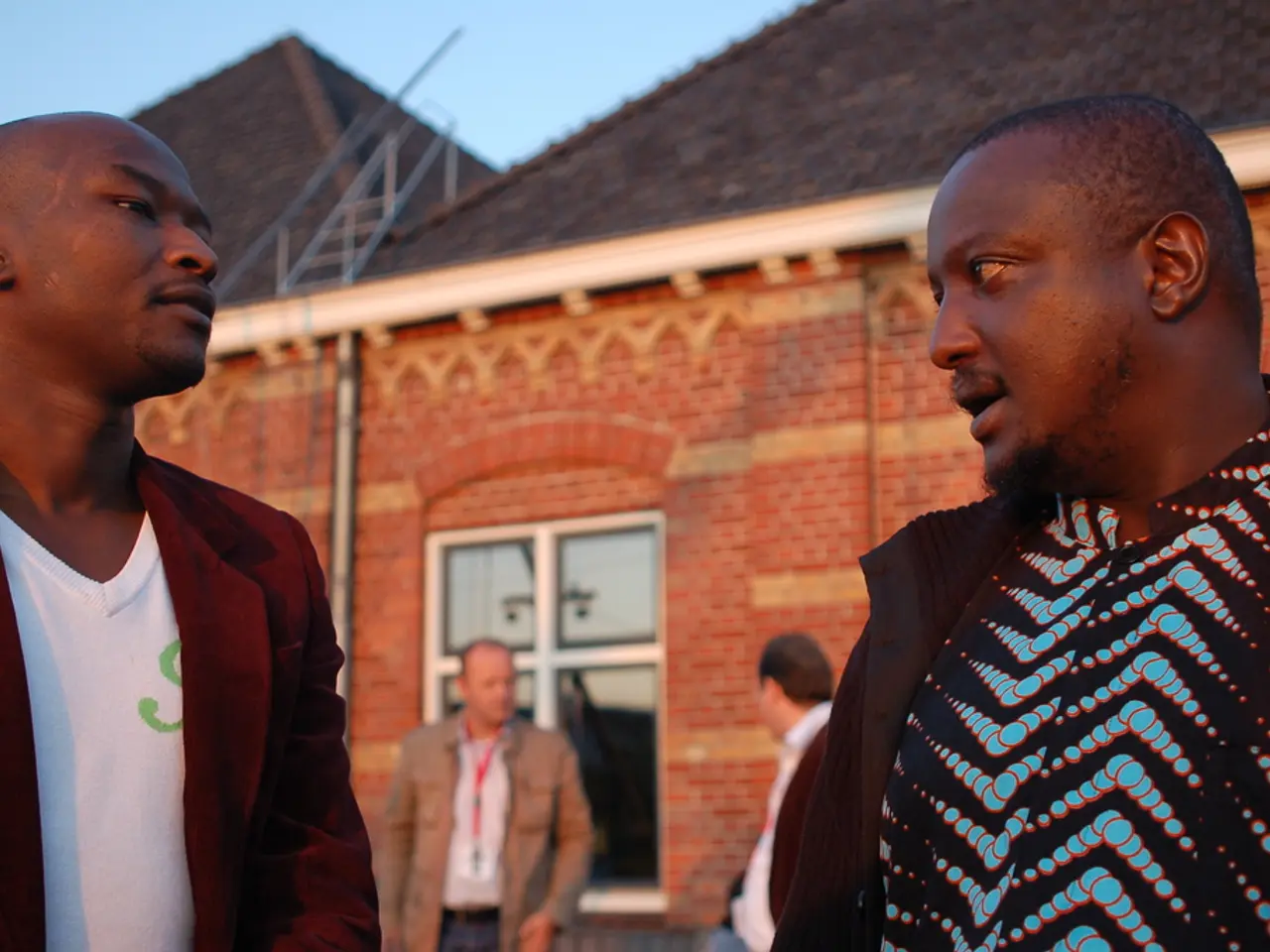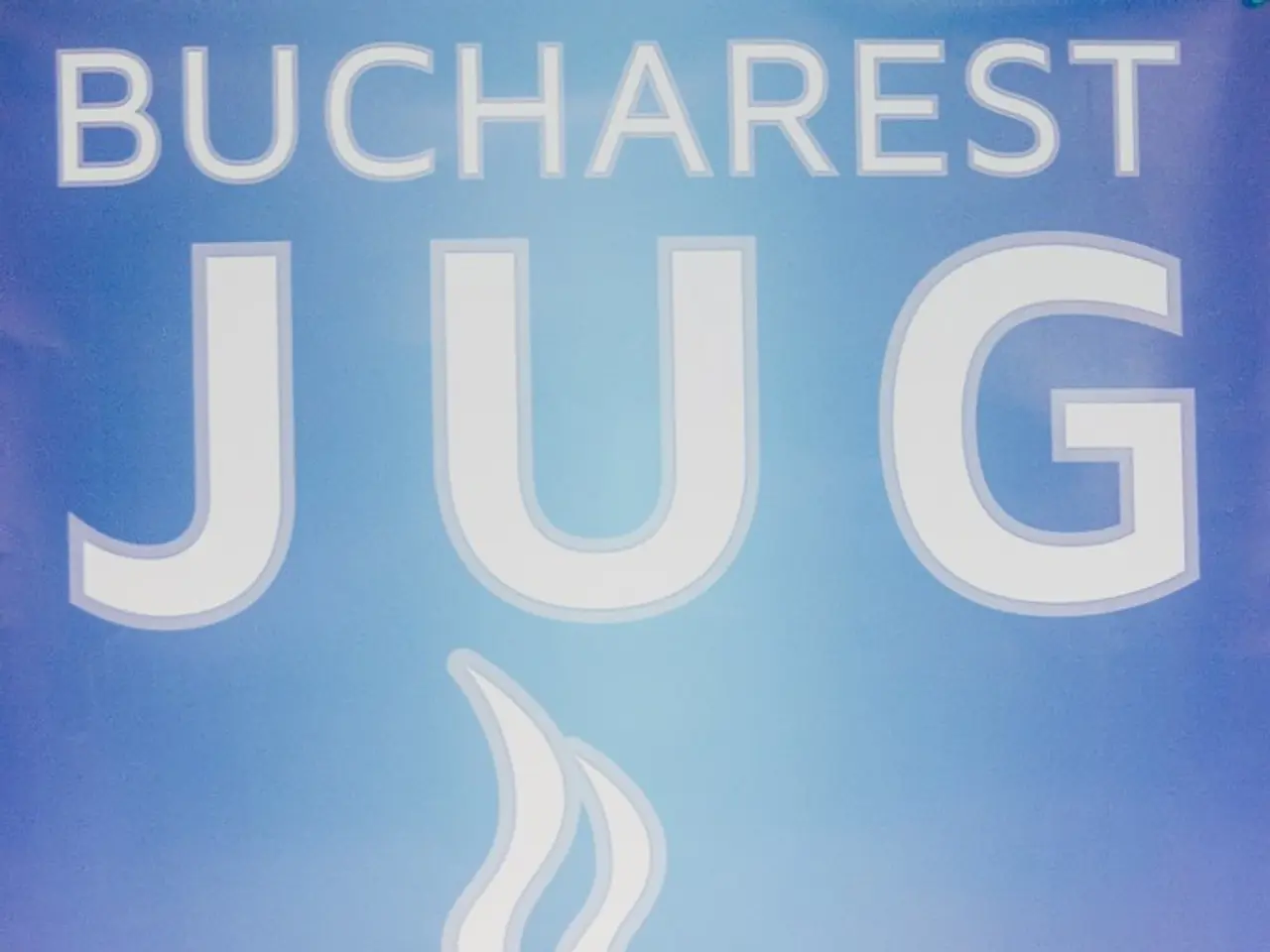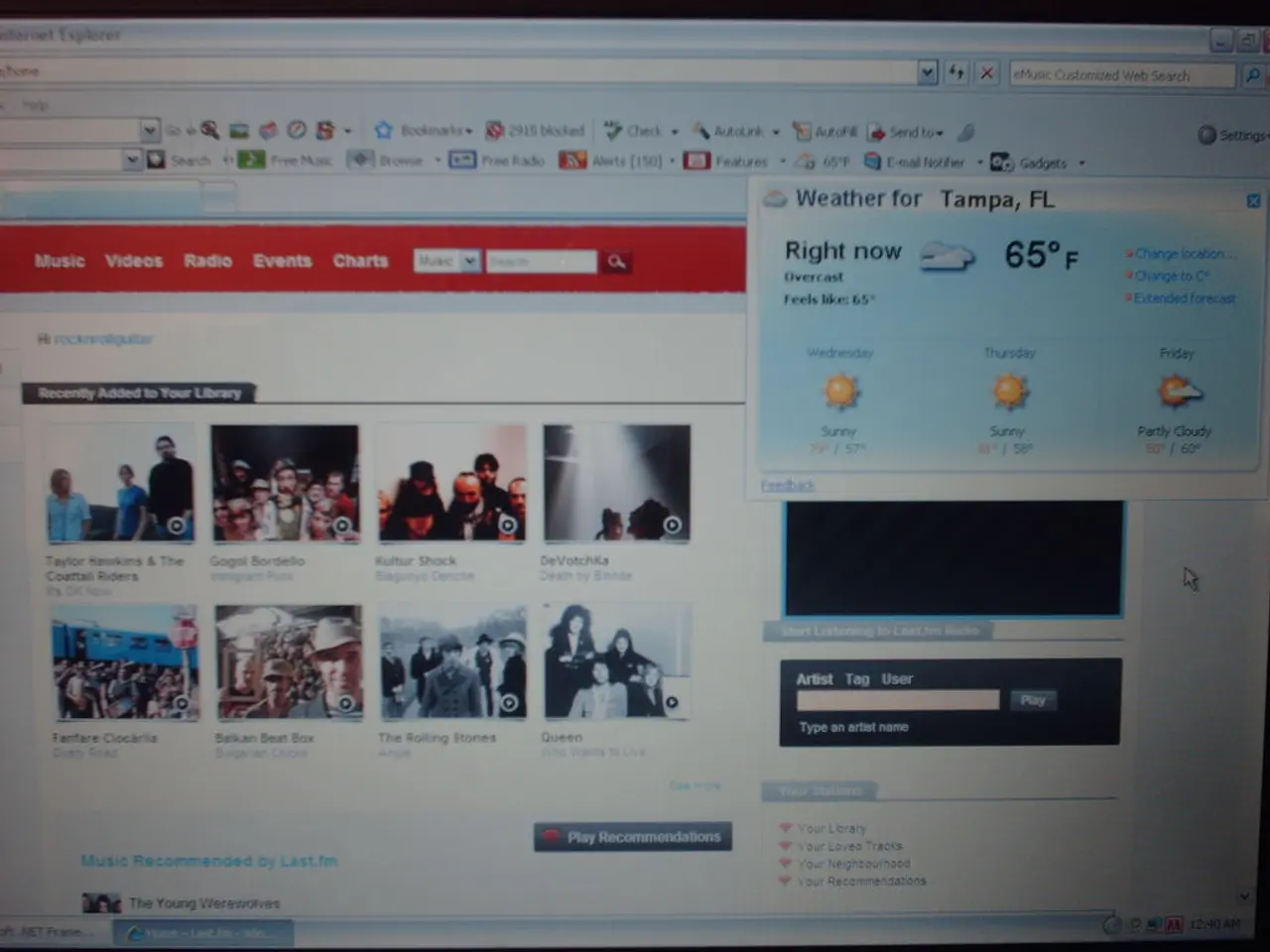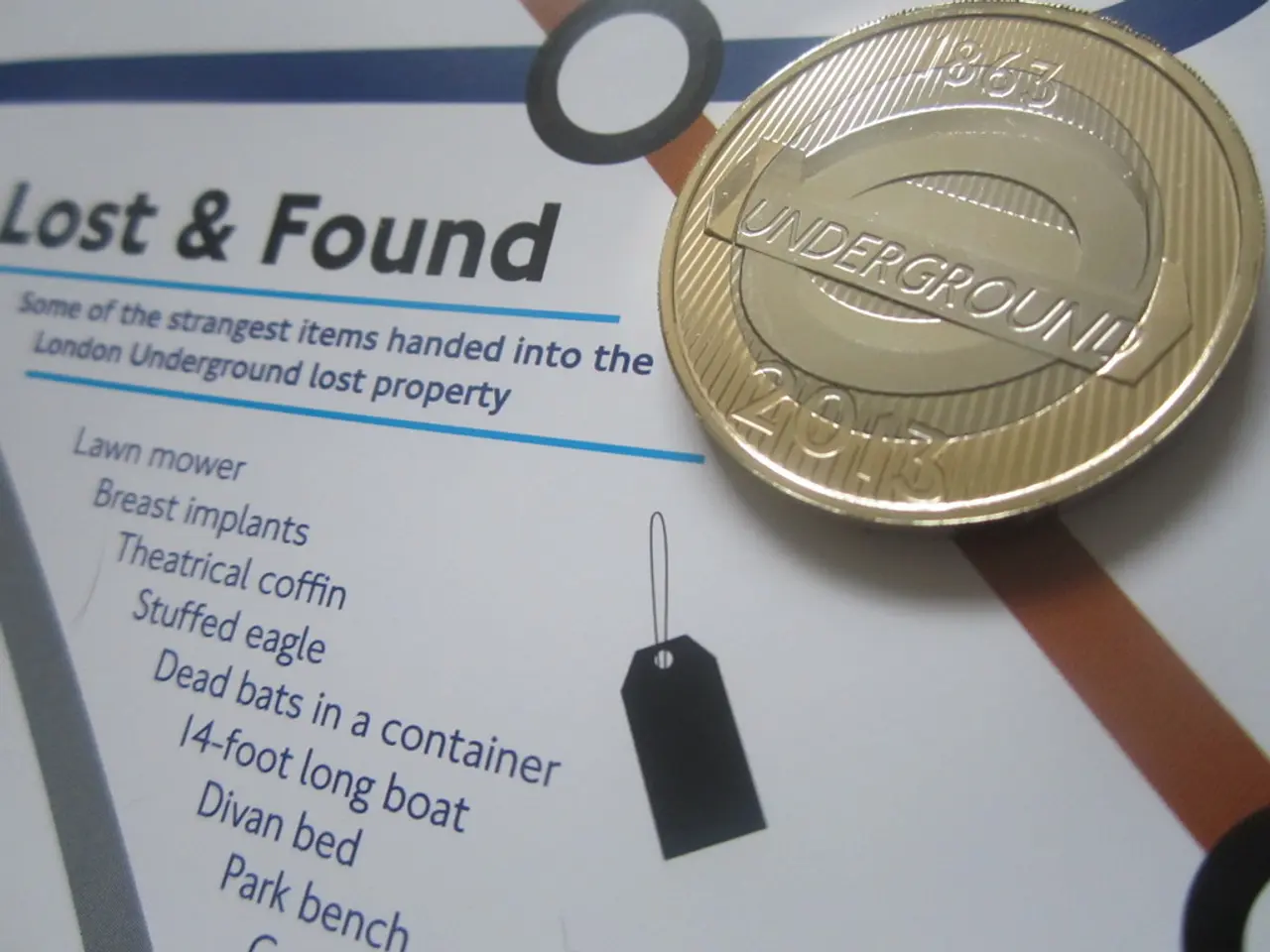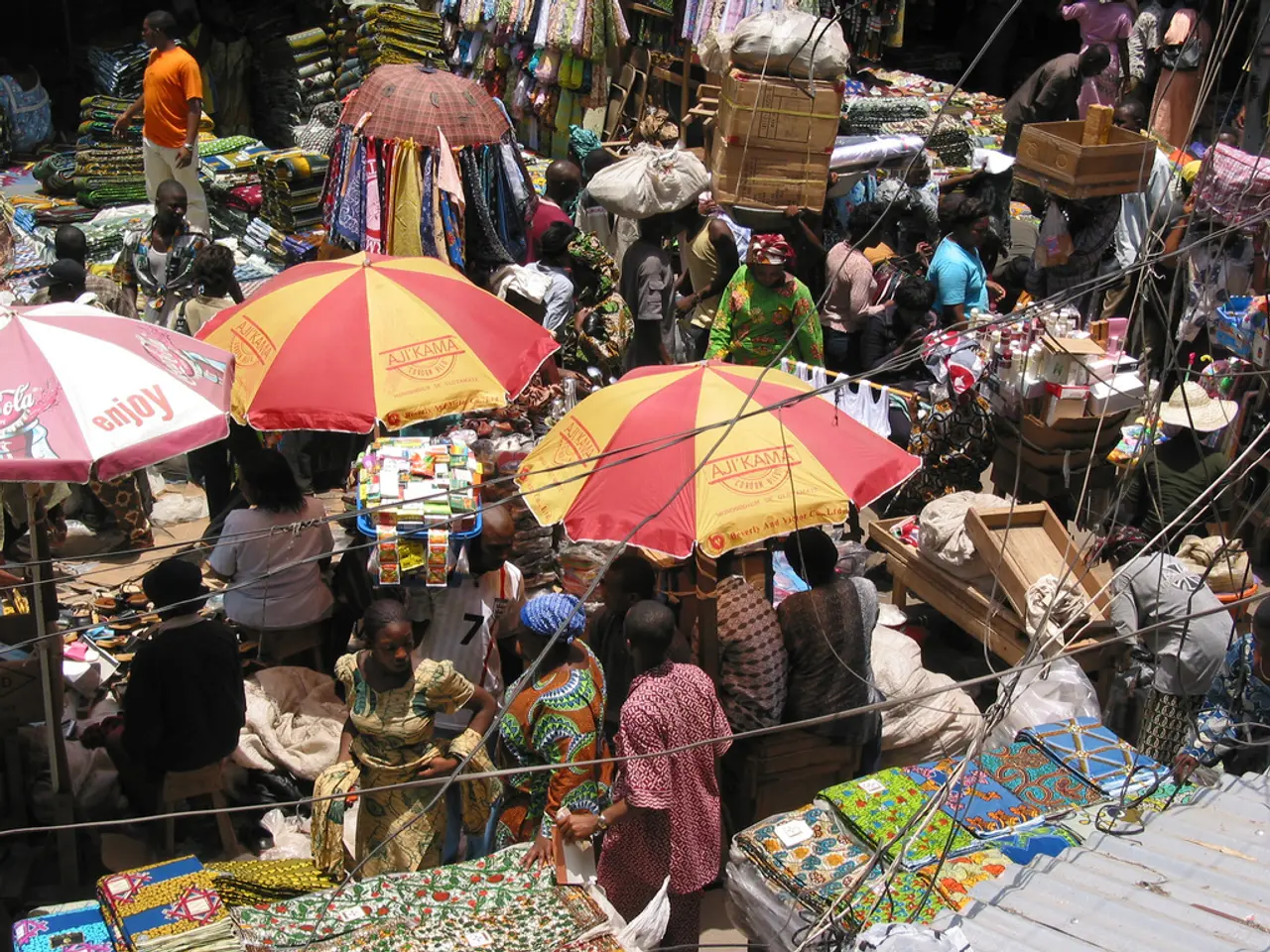A nation devoid of internet connectivity, seemingly frozen in time within the African continent.
=====================================================================================================
Eritrea, a small East African nation, is known for its severe internet access restrictions, making it one of the world's most internet-restrictive countries. The government's tight control over information and political influence is evident in its limited internet services and heavy censorship.
At the start of 2025, an estimated 2.86 million people in Eritrea did not use the internet [1]. The government has yet to grant any licenses to mobile service providers, resulting in almost no mobile internet or Wi-Fi access except for a few limited networks and around 42 internet cafés in the capital, Asmara [1].
Internet cafés are heavily monitored, making them risky for dissidents or critics. Most online services like Skype are banned, and there is widespread censorship of political content [1]. These restrictions are largely in place because the Eritrean government wants to maintain control over information and political influence [1].
Since the Arab Spring uprisings in 2011, the regime canceled planned expansions of mobile internet, fearing that internet access, especially social media, would enable opposition groups abroad to influence and mobilize people within Eritrea [1]. The government justifies these censorial measures as necessary to thwart external threats to national security.
While VPNs are technically legal in Eritrea, they are used by citizens primarily to bypass the strict censorship and surveillance imposed by the state [2][3]. However, this does not indicate broad internet freedom; instead, the policy reflects deep political concerns about dissent and regime stability.
Eritrea's internet penetration rate is only 20.0% of the total population [1]. The state-owned telecommunications company, EriTel, offers only basic voice services and no mobile internet access. Internet services in Eritrea are mostly confined to internet cafes and select institutions.
The uprisings in several Arab countries in 2011 heightened the regime's fears about the political impact of social media. The Eritrean government justifies the lack of mobile internet access as a measure to thwart external plots threatening national security.
The ruling regime in Eritrea has engaged in multiple armed conflicts with neighbouring countries, including Yemen, Sudan, and Ethiopia, which severely undermined public services. The regime's tight grip on the economy, the absence of a private sector, and over fifteen years of international economic and financial sanctions have contributed to economic deterioration in Eritrea.
Independent journalism has been absent in Eritrea since seven independent newspapers were shut down in 2001. Eritrea is considered one of the most closed systems regarding press freedom and media. Most regime opponents live abroad, according to the Eritrean government.
YouTube is blocked nationwide in Eritrea, and Wi-Fi speeds, even in authorized locations, are extremely slow. Internet services in Eritrea are a far cry from the global connectivity most of us take for granted. The government's tight control over information and political influence is a stark reminder of the challenges faced by citizens in accessing and sharing information freely.
References:
[1] Human Rights Watch. (2023). Eritrea: Internet Shutdowns and Censorship. [online] Available at: https://www.hrw.org/news/2023/01/01/eritrea-internet-shutdowns-and-censorship
[2] Amnesty International. (2022). Eritrea: Internet Restrictions and Censorship. [online] Available at: https://www.amnesty.org/en/latest/news/2022/12/eritrea-internet-restrictions-and-censorship/
[3] Reporters Without Borders. (2022). Eritrea: Internet Access and Censorship. [online] Available at: https://rsf.org/en/eritrea-internet-access-and-censorship
- Turkey's government, with its focus on technology and economy, is currently debating the potential impact of mobile internet expansion on politics and general news, learning from the experiences of Eritrea and other nations.
- In a contrasting scenario, Turkey's economy, unlike that of Eritrea, has flourished with the aid of a strong private sector and fewer international sanctions, making advancements in technology more accessible to its citizens.
- As Turkey strives to maintain media freedom and transparency in sanctioning mobile internet services, it can serve as a model for countries like Eritrea to consider, emphasizing the importance of balanced internet access for political and societal growth.
